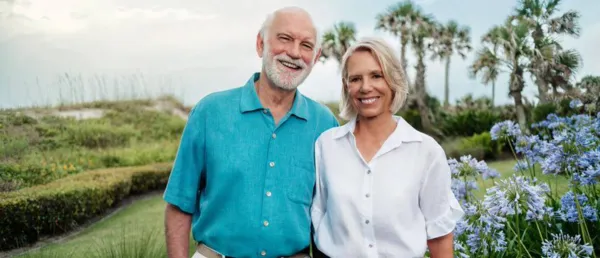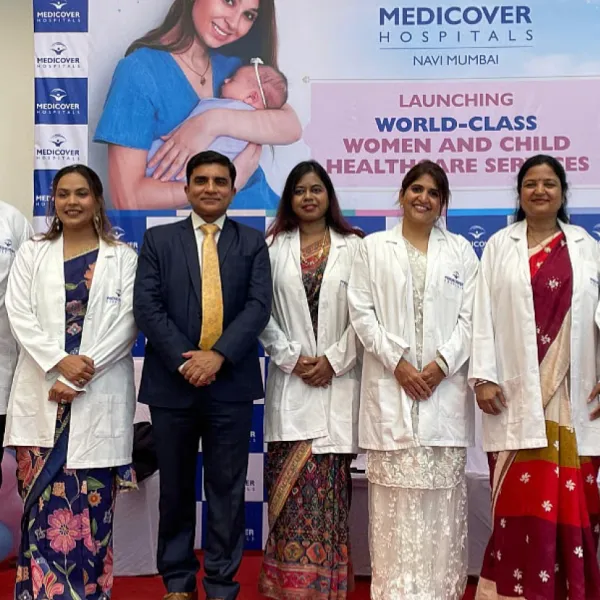India’s Robotic Parkinson’s Treatment Eyes UAE Expansion

The UAE rollout will begin with virtual consultations, followed by partnerships with local neurologists, neurosurgeons, hospitals, and clinics in Dubai, Abu Dhabi, and Oman.
The robotic radiosurgery approach to treating Parkinson’s disease, a groundbreaking healthcare innovation from India, is set to expand to the UAE.
Developed by Dr Lohith Reddy, a prominent radiosurgery expert, the non-invasive, AI-powered solution uses CyberKnife technology to target tremor-inducing areas of the brain.
According to the company, the initiative has recorded over 40 successful patient outcomes since its launch in India.
Dr Reddy is now preparing for expansion across the UAE and the broader Gulf region, seeking clinical collaborations and strategic entry points.
“We see a significant opportunity in the UAE, where healthcare innovation is strongly supported and the population is increasingly seeking minimally invasive, precision-based treatments,” said Dr Reddy.
The treatment targets explicitly the Ventral Intermediate (Vim) Nucleus of the thalamus, the brain region responsible for tremors in Parkinson’s patients.
CyberKnife offers a 15-minute outpatient procedure with no incisions, anesthesia, or side effects, as revealed by Dr Reddy.
The treatment, according to Dr Reddy, is particularly beneficial for patients who are unfit or unwilling to undergo brain surgery. Moreover, it is claimed to be relatively affordable, at nearly one-fourth the cost of DBS.
“In a region like the UAE, where a sizable aging expatriate population is emerging and demand for advanced neurological care is growing, this model can fill a crucial gap,” he added.
The UAE rollout will begin with virtual consultations, followed by partnerships with local neurologists, neurosurgeons, hospitals, and clinics in Dubai, Abu Dhabi, and Oman. Regulatory approval processes are underway as the team works toward establishing a physical base in the country.
Although comprehensive regional data on Parkinson’s prevalence is limited, Dr Reddy estimates that 15-20 per 1,000 individuals, particularly within older Asian populations, may suffer from Parkinson's-related tremors. This makes the Gulf an attractive market for such advanced neurological interventions.
“Our India program has shown a 100% success rate among the right patient group. We believe the UAE can become a center of excellence for this treatment in the region, given its robust healthcare infrastructure and openness to global innovation,” Dr Reddy said.
Stay tuned for more such updates on Digital Health News.
Stay tuned for more such updates on Digital Health News































